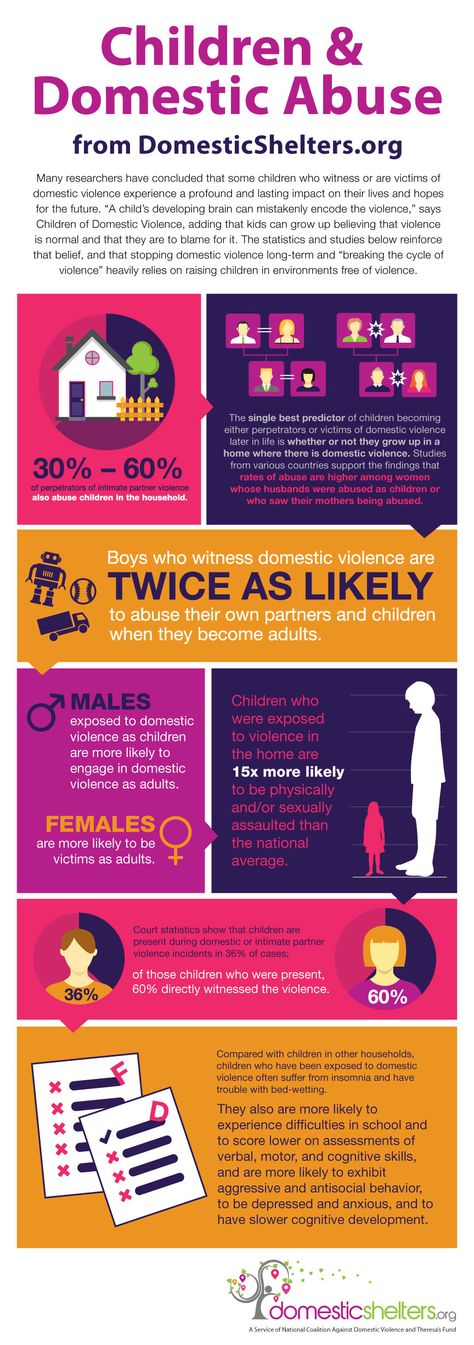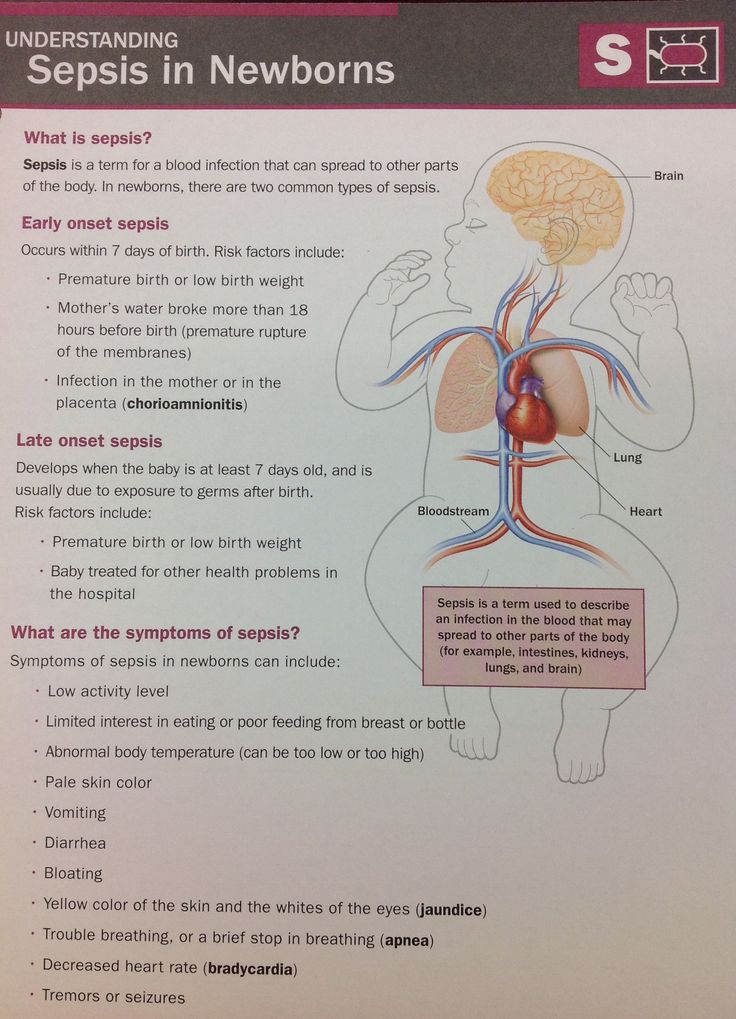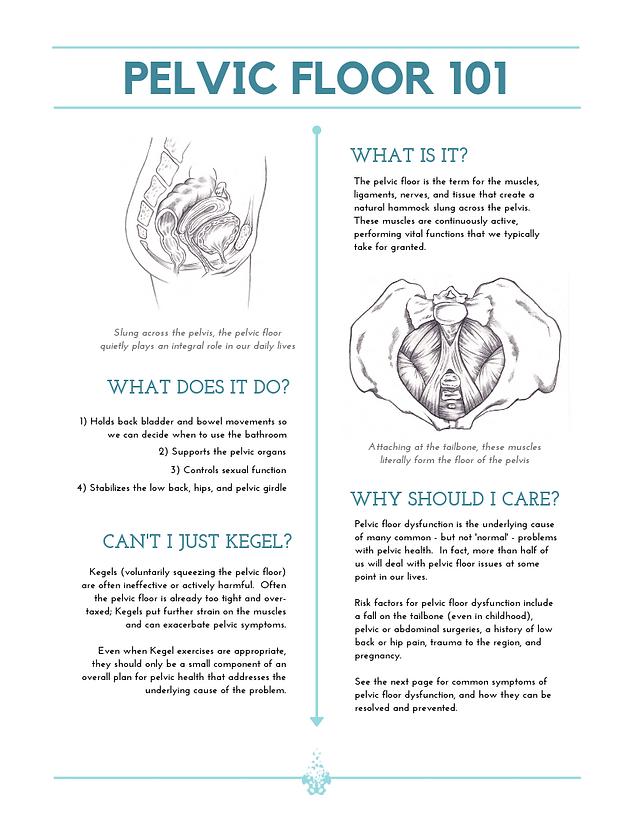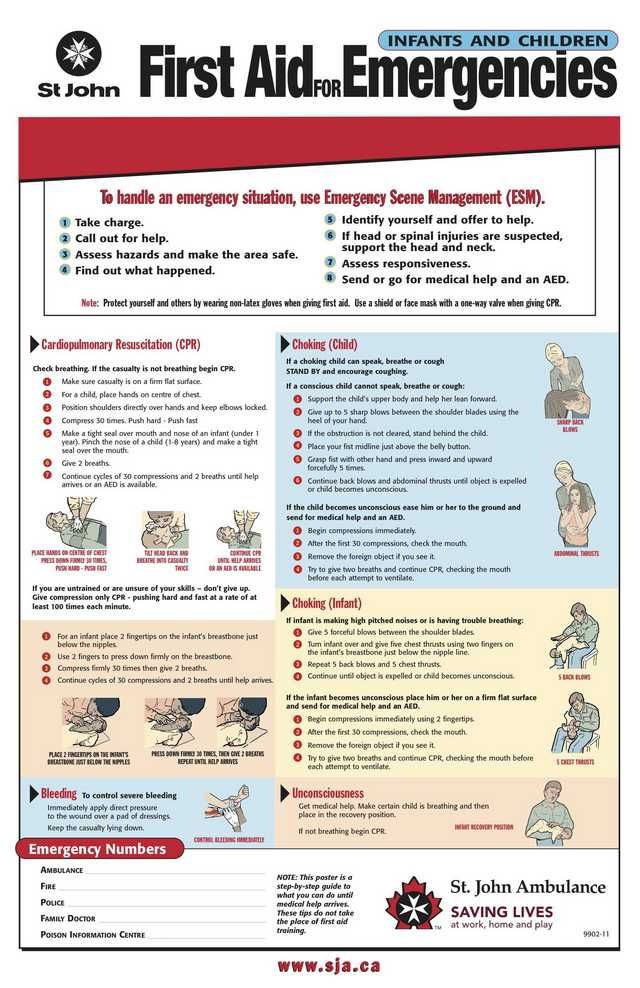How to become a child minder
Becoming a childminder / Childminding UK
Watch: What will I need and what will it cost?
The entire process may take a few months. As with any business, there are costs involved in becoming a registered childminder. There are no grants available to help with start up costs, but keep receipts for all that you spend as you will be able to add them as expenses for tax purposes once you are registered.
Ofsted Registration fee
If you register with a childminding agency, they will determine their own costs.
Cost: £35.00 or £103.00 depending on which registers you join
Disclosure and Barring Service (DBS) check
For each person over 16 who lives or works in your home.
Cost: £40 per person
DBS Update Service
Ofsted strongly recommend that each person also signs up for the DBS Update Service which will allow future employers to check the persons DBS status without them having to undergo more DBS checks.
Annual fee: £13
Full paediatric First Aid course
Needs to be in place before you can apply to Ofsted.
Approximate cost: £100
Introductory training
Meeting the requirements of the EYFS and equipping you to start your own childminding business.
Cost: £120 (Childminding UK Online Childminder Introductory Training course)
Public Liability insurance
Has to be in place as soon as you register even if you don’t have minded children. Childminding UK works closely with Morton Michel who offer a comprehensive policy for childminders.
Cost: £59.50 (discounted by £6.55 for Childminding UK members)
Car/house insurance
Some companies charge additional premiums to include business use or contents cover if you are childminding.
Cost: Varies
Safety equipment
Fire detection and control equipment such as a fire blanket and at least one smoke alarm on each floor of your home and appropriate first aid kit(s) must be provided.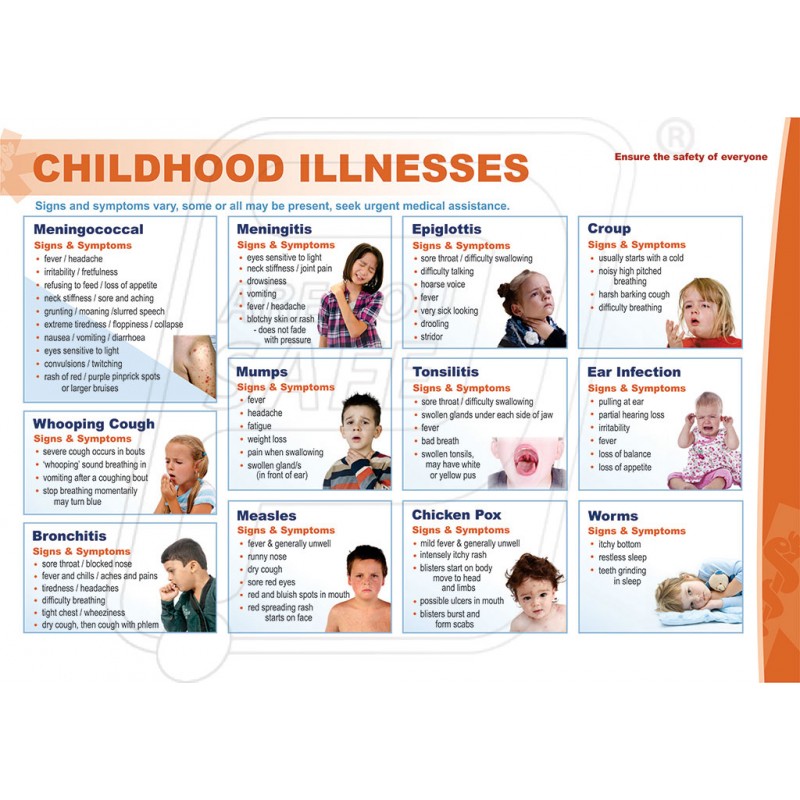
Cost: Varies
Health Declaration form
GP fee for Health Declaration form.
Cost: Varies greatly as each surgery decides their own fees
Toys and equipment
Costs will vary depending on your individual circumstances and what you have already.
Cost: Varies
Child transport
Extra child car seats, double buggy or travel cot etc.
Cost: Varies
Home and garden safety
Improvements to house and garden to ensure safety (e.g. repair existing fencing in garden).
Cost: Varies
Childminding Resources
You may choose to purchase some childminding resources such as policies and procedures.
Cost: Varies
Additional actions
Ofsted may also recommend some other actions that you need to take before they will register you which may cost you money.
Cost: Varies
Childminders care for children on domestic premises. This is in someone’s home (usually the childminder’s own home) but it can be someone else’s home. It is not usually the home of one of the children. As such you must ensure you’ll be allowed to operate your business from your home prior to registering.
This is in someone’s home (usually the childminder’s own home) but it can be someone else’s home. It is not usually the home of one of the children. As such you must ensure you’ll be allowed to operate your business from your home prior to registering.
Rented accomodation
If you live in rented accomodation you need to check the terms of your agreement to see if you are allowed to operate a childminding business from home. You will certainly need your landlords/leaseholders written permission.
There may be a clause in the agreement that states you can't operate a business from the house, but the landlord/leasholder can change this if they choose to.
A conversation explaining the registration requirements and risk assessment alongside what insurances are in place can help a landlord/leaseholder see that there isn’t a huge increased risk to allowing a person to childmind from the property. It is recommended that you discuss this directly with the landlord/leaseholder and not their agent.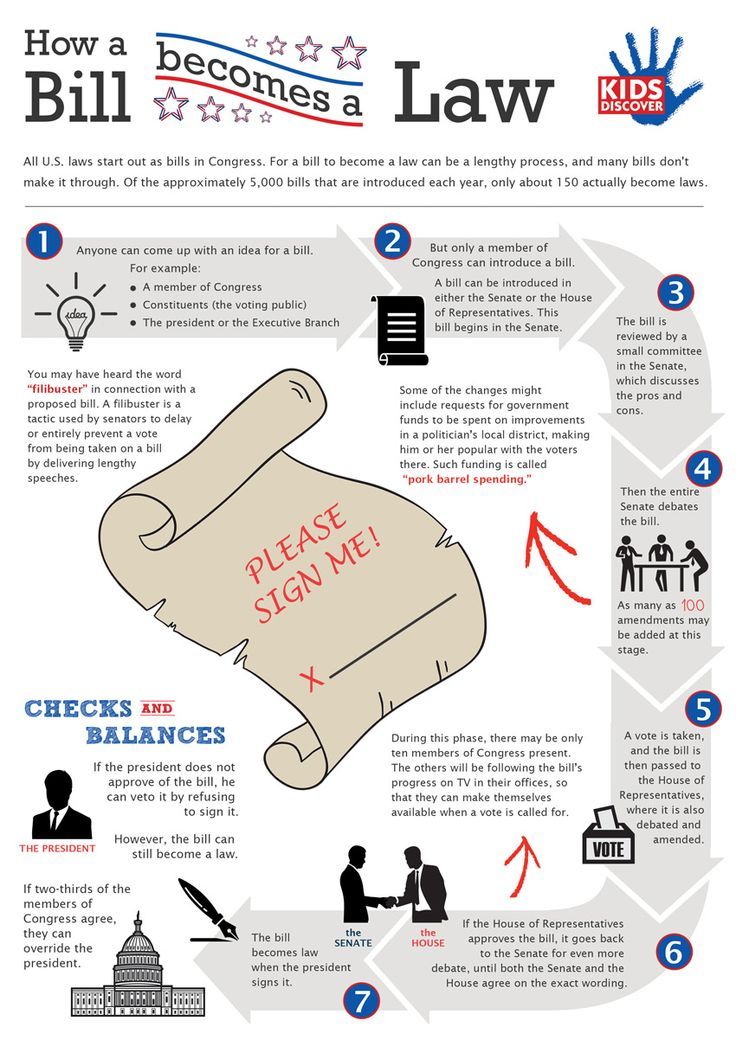
There is tenants insurance for fixtures and fittings that a childminder can purchase to help reassure a landlord/leasholder their property is covered by insurance and allay any fears about extra damage to the property.
If you are allowed to childmind from the property expect to provide any extra safety equipment needed (fire blanket, stair gates) yourself and make good any fixing or holes made as a result before you move out.
If the landlord/leaseholder still insists you can't childmind from their property, there is nothing else you can do as it is their choice whether they allow childminding or not.
Download our template for writing a letter to your landlord
Mortgages
If there is a mortgage on the property, there may be a clause that says a business can’t be run from the property, but childminding businesses are often looked at slightly differently to any other business and may excluded from this.
It depends on how old the qualification is and what training you’ve completed since.
The main areas you may be missing are:
- EYFS (if you’ll be registering on Early Years Register)
- Safeguarding Children
- Leading and Managing a Childminding Setting (information about running a childminding business)
Courses completed since 2008 will have included the EYFS. Safeguarding Training needs completing every 2 years. Some qualifications do not include specific childminding business information (such as tax and insurance information, interviewing with parents, balancing the needs of your family and your childminding, marketing your business) as they are for the general childcare workforce.
You could consider completing the individual modules you’re missing rather than the entire course.
Become a childminder or nanny (England): How much it costs
Skip to contents of guide
You need to pay an annual registration fee to Ofsted. You’ll also have to pay for things like Disclosure and Barring Service (DBS) checks, training and insurance.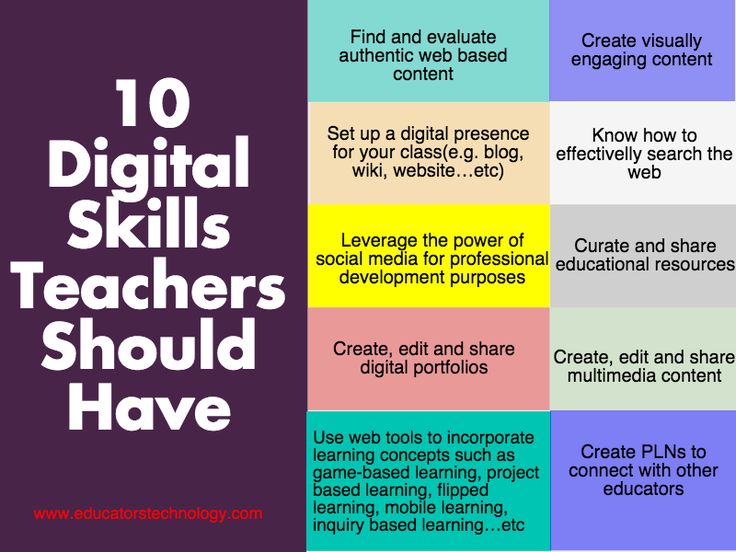
If you register with an agency instead, you’ll need to discuss these costs directly with them.
Registration fee
You’ll have to pay the registration fee each year.
| Cost for childminders | Cost for nannies | |
|---|---|---|
| Childminders - caring only for children aged 5 or under | £35 | Not applicable |
| Childminders - caring only for children aged 5 or older | £103 | Not applicable |
| Childminders - caring for children of all ages | £35 | Not applicable |
| Register as a nanny | Not applicable | £103 |
DBS checks and health checks
| Cost for childminders | Cost for nannies | |
|---|---|---|
| Your DBS check | £38 | £38 |
| Checks for adults in your home | £38 each | Not applicable |
| Criminal DBS update service (recommended) | £13/year | £13/year |
| GP to fill in and sign health declaration booklet | £90 (approximately) | Not applicable |
Training
| Cost for childminders | Cost for nannies | |
|---|---|---|
| First aid course to cover the age groups you look after | £60 to £200 (approximately) | £60 to £200 (approximately) |
| Childcare training on the type of care you will provide - ask your council | £50 to £200 (approximately) | £60 to £200 (approximately) |
Other costs
| Insurance | Cost |
|---|---|
| Public liability insurance | £25 to £100 (approximately) |
| Keeping digital records | Cost |
|---|---|
| Register with ICO to keep digital records of children (childminders only) | £40 |
View a printable version of the whole guide
How to become a preschool teacher | ABiUS
In the field of pedagogy, high requirements are set for specialists, since it involves working with children.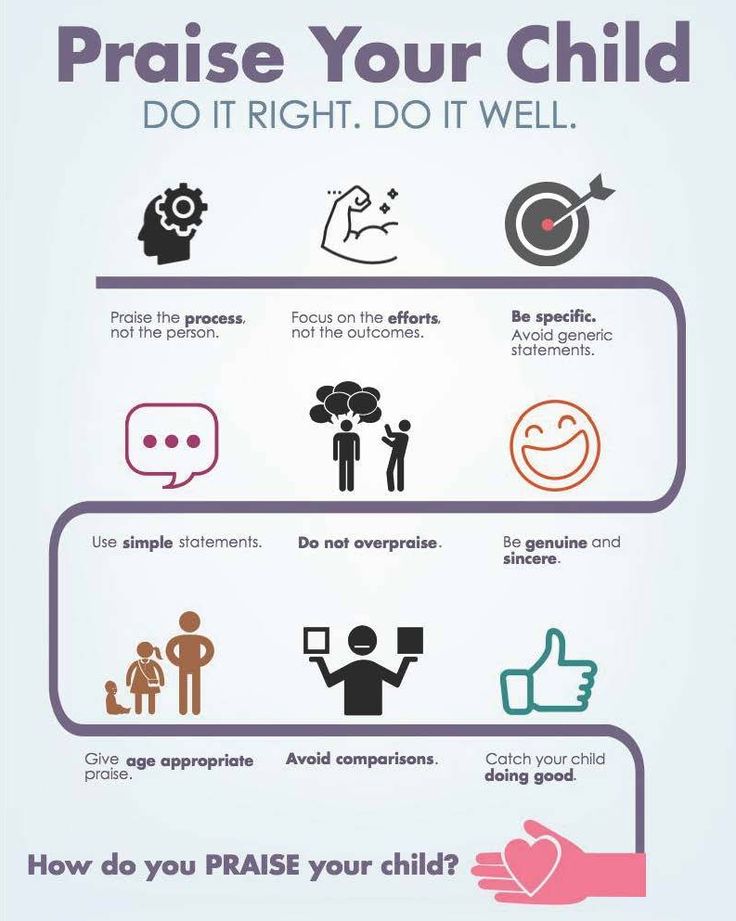 So random people do not become educators. This profession should be a vocation and a favorite thing for a person so that he can stay here for a long time and realize himself as a specialist. Therefore, at the first stage, it is important to determine whether this profession is suitable for a person. And then decide how to get the necessary qualifications to work with children
So random people do not become educators. This profession should be a vocation and a favorite thing for a person so that he can stay here for a long time and realize himself as a specialist. Therefore, at the first stage, it is important to determine whether this profession is suitable for a person. And then decide how to get the necessary qualifications to work with children
Contents:
- What is the profession of an educator
- Advantages and disadvantages of being an educator
- What are the requirements for the post of educator. Who can work as an educator
- Skills
- Personal qualities
- What education is needed for work
- Where to get the education of a preschool teacher remotely and diploma
- How to study at the Academy
- How to get a job as a kindergarten teacher for free
Educators are teachers who work with children up to 7 years of age.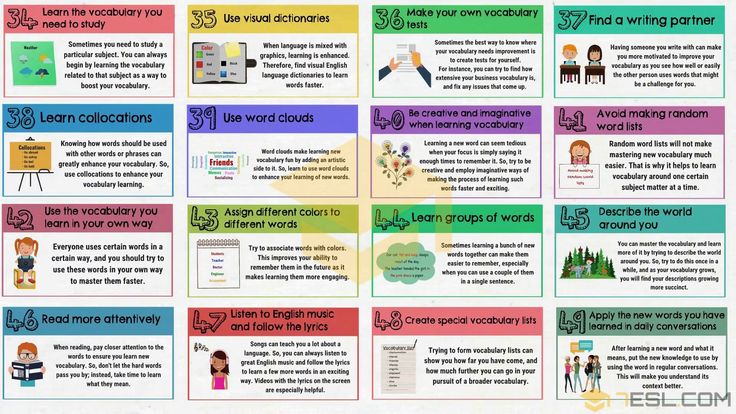 They look after the children and take care of their development. This is a sought-after profession, whose representatives work in kindergartens, camps and institutions of additional education. Demand for caregivers continues to grow as the government plans to build 760 public kindergartens in Russia by 2021 and continues to support private institutions in the regions.
They look after the children and take care of their development. This is a sought-after profession, whose representatives work in kindergartens, camps and institutions of additional education. Demand for caregivers continues to grow as the government plans to build 760 public kindergartens in Russia by 2021 and continues to support private institutions in the regions.
Most often, a new specialist begins his professional career as an assistant educator. In some cases, they can become even without specialized education. He cannot take part in the classes. Monitors cleanliness, performs the functions of a nanny. If a specialist has received a professional education, he moves to the next auxiliary level - the position of a junior educator. Now he is allowed to conduct classes. After receiving full qualification, he becomes an independent specialist. And after three years of work, he can become a senior teacher, and then the head of a kindergarten.
Caregivers work directly with children.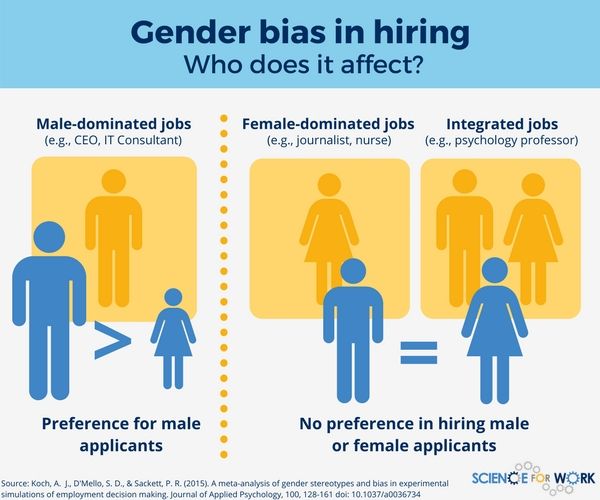 Their main task is to promote the all-round development of children. They teach children the rules of hygiene, engage in their creative and mental development through play forms and help develop social skills in the group. Educators interact not only with wards. They communicate closely with parents, fill out paperwork and monitor the condition of the premises.
Their main task is to promote the all-round development of children. They teach children the rules of hygiene, engage in their creative and mental development through play forms and help develop social skills in the group. Educators interact not only with wards. They communicate closely with parents, fill out paperwork and monitor the condition of the premises.
The senior educator develops methodological plans, programs and recommendations. He is responsible for reporting, organizing events and supervising the work of other teachers.
The manager is in charge of management. This position is not pedagogical, but requires an understanding of all processes in kindergarten.
At the stage of planning your professional activity, it is important to immediately determine your career path in order to gradually approach the desired position.
To assess the attractiveness of your future profession, study the advantages and disadvantages of the job you have.
Benefits include:
- Passionate team
Kindergarten teachers are distinguished by dedication to their work and complete immersion in pedagogy. Here you can meet like-minded people who will support colleagues in their professional growth. - Freedom for creative projects
As a rule, heads and senior educators encourage non-standard ideas for organizing classes and space in the kindergarten. - Working with children
Only those who love children should become educators. Then working with them will bring pleasure. - Possibility to send your child to kindergarten without waiting in line
When a specialist has children of his own, this privilege becomes very pleasant. - Extended leave
Educators are entitled to 42 vacation days to recuperate and return to work. At the same time, good vacation pay is paid.
Disadvantages include:
- Strict schedule
The working day of the educator begins at 7. 00-7.30 in the morning. Late arrivals are unacceptable. The working day ends in the evening when the last child is picked up. Some parents don't always make it on time.
00-7.30 in the morning. Late arrivals are unacceptable. The working day ends in the evening when the last child is picked up. Some parents don't always make it on time. - Emotional burnout
Teachers are at psychological risk. To avoid exhaustion, it is important to understand the triggers of burnout. - Lots of paper work
The duties of the teacher include filling out reports and statements. In some institutions, they do this work by hand. Others have simplified this work by converting it to an electronic format. - Emotional involvement in the lives of children
Children quickly become attached to caregivers and can talk about difficult situations that occur at home. Problems in the child's family can become a moral burden for teachers. - Difficulty communicating with parents
Sometimes scandalous or indifferent parents come across. The teacher has to interact with everyone. The best assistant will be courtesy and professionalism.
- Responsibility for the life and health of children
The teacher is responsible for the children while they are at his disposal. Therefore, it is important to control each child and take care of his safety.
The caregiver is often one of the first "alien" adults with whom the child interacts. Therefore, he must meet certain requirements, regularly develop his skills and confirm his qualifications every 5 years.
In addition to developed professional and personal qualities, the educator should not have active convictions and prolonged mental illness.
Skills
The activities of educators are regulated by the state professional standard for teachers. According to it, a specialist must have a secondary or higher pedagogical education, another option is a diploma from an institution of additional professional education. For training, it is important to choose a program designed in accordance with the professional standard with a certain required number of academic hours.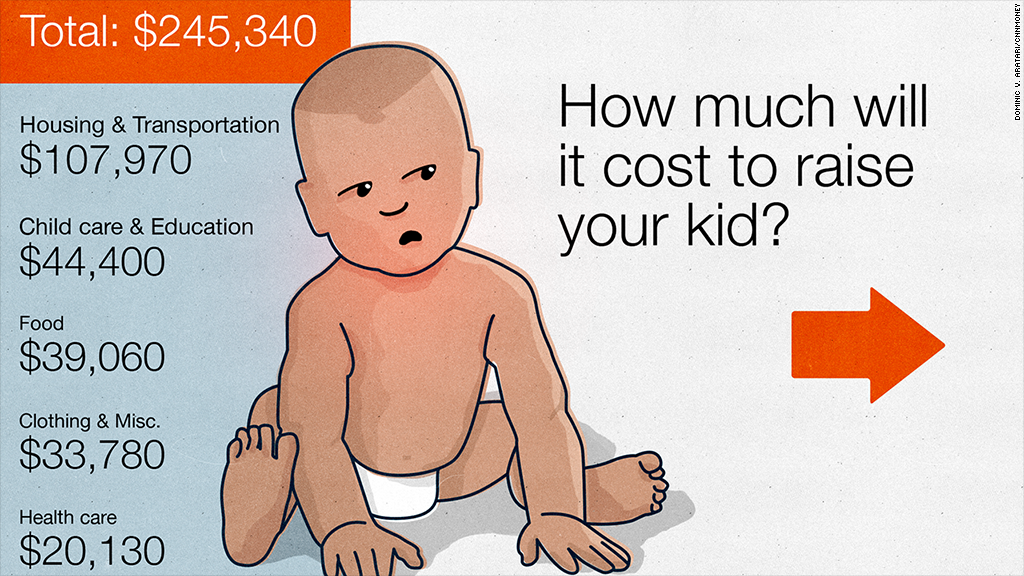 It can be called “Pedagogy and methods of preschool education”, as in ABiUS.
It can be called “Pedagogy and methods of preschool education”, as in ABiUS.
The educator must understand child psychology, developmental psychology, the theory and methods of educating children of primary preschool age.
However, it is not enough to acquire knowledge, one must learn to apply it. For example, a professional should be able to determine the psychological state of the child and identify his needs.
An additional advantage in employment will be received by a teacher who has studied in depth speech therapy pedagogy or mastered non-standard pedagogical methods, for example, Montessori. Also of great importance is knowledge of the basics of special pedagogy, which concerns children with disabilities (HIA). Since more and more kindergartens are becoming incorporated, which means joint education of children with different abilities.
Personal qualities
Each institution usually has local requirements under which supervisors select candidates.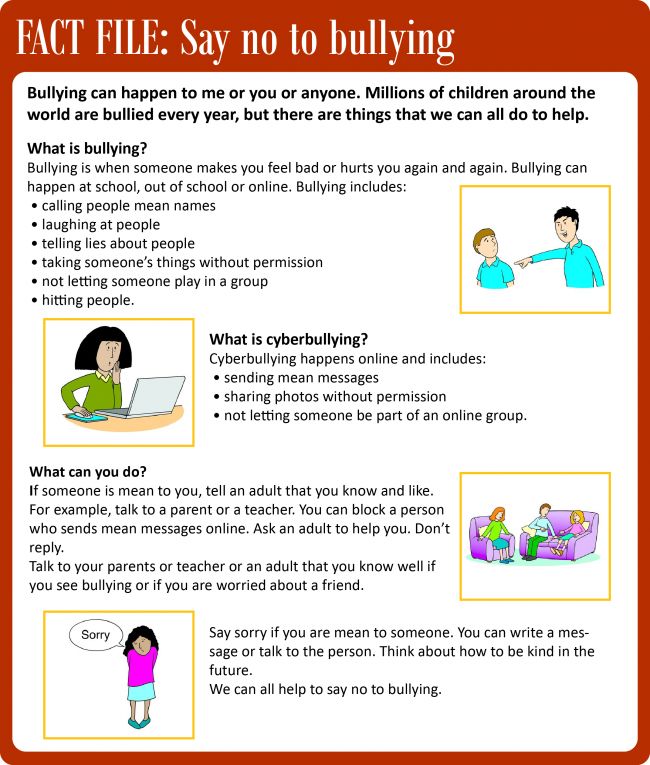 At the same time, it is difficult to say where the requirements for a teacher are more stringent - in public kindergartens or in private ones.
At the same time, it is difficult to say where the requirements for a teacher are more stringent - in public kindergartens or in private ones.
Employers usually expect a caregiver to be:
- sociable to successfully find an approach to children and their parents
- friendly so that children can quickly gain confidence in a stranger
- with a positive mindset to cope with the challenges of a difficult profession
- caring and attentive to children so that parents can safely trust their child's caregiver
- creative to come up with interesting activities and holidays
- curious to explore the world together with children and enjoy discoveries with them
- stress-resistant to avoid emotional burnout and excessive emotions when communicating with parents or naughty children
- focused on development, so that the educator will want to improve their skills
Who can work as an educator
Most often, a person has an idea to become an educator when he notices a warm attitude towards children. But as he gets acquainted with the specifics of the profession, he discovers that love for children and the ability to work with them are two different things. Therefore, initially you should check whether he should go to pedagogy. The qualities described below characterize a person who is ready to become an educator:
But as he gets acquainted with the specifics of the profession, he discovers that love for children and the ability to work with them are two different things. Therefore, initially you should check whether he should go to pedagogy. The qualities described below characterize a person who is ready to become an educator:
- You are responsible and know how to evaluate your strengths.
- You are attentive to details: in the behavior of people and in the environment.
- You are not afraid of unexpected situations and can react calmly.
- You are ready to plunge into work and constantly develop in the chosen direction.
- You know how to control yourself and your emotions.
- You have high emotional intelligence and empathy.
- You understand all the risks of your profession
You can study to become an educator at a special college, university or in centers of additional professional education.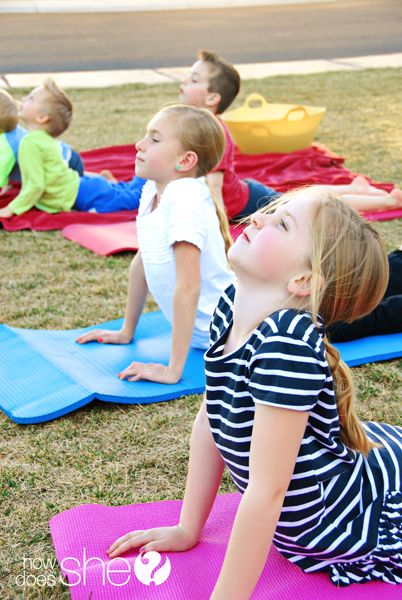
College is taken after the ninth and eleventh grade of school. College students devote a lot of time to the practical skills of a preschool worker. They undergo internships in kindergartens and can gain useful experience by the age of 18-20.
At the university, a student can go to the pedagogical faculty and get the specialty "educator". Most diplomas marked “preschool education” will be well received by future employers. For 4-5 years, students deeply study the basics of pedagogy, psychology and health, as well as get acquainted with new trends in education.
No teacher education
If the first higher education is not related to pedagogy, you can become an educator by completing program professional retraining in institutions of further professional education and receive a diploma of the established sample in 2 or 4 months on the job.
Appropriate certification and qualification vocational training programs are sufficient to work as a caregiver or assistant.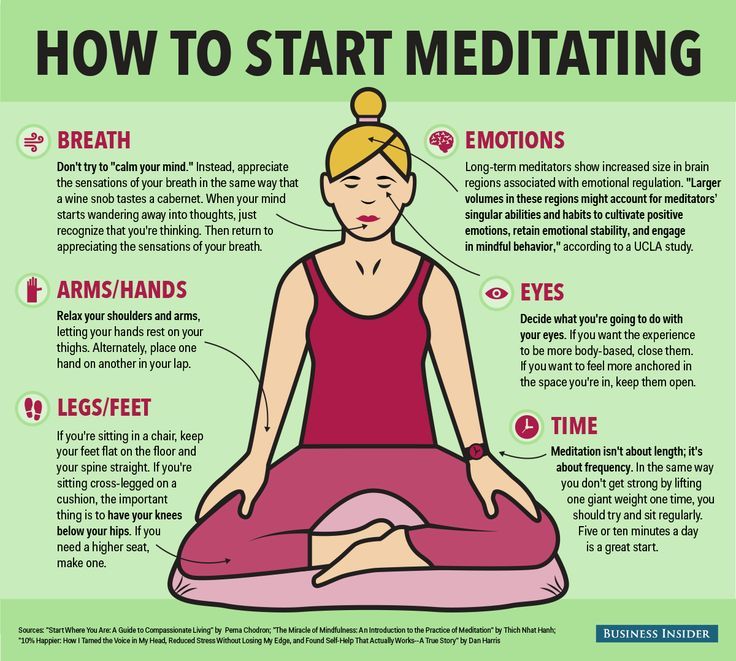 All these programs are available in ABiUS.
All these programs are available in ABiUS.
- Retraining program "Educator of preschool"
- Professional training program "Junior Educator"
- Career Assistant
When a specialized education has been received, one can deepen one's knowledge through advanced training programs.
Distance format makes learning more convenient and accessible. You can get training according to the program from expert developers at any convenient time, being in any city, using a computer, tablet or smartphone.
Many centers for professional retraining and advanced training offer their specialized programs. However, not all programs meet the state professional standards of a preschool teacher (DOE).
The Academy presents programs in the direction "Preschool education" that meet professional standards. They are divided into three main sections - professional retraining programs, advanced training programs and vocational training programs. Depending on the purpose of training, you can choose a suitable program with the required number of study hours.
They are divided into three main sections - professional retraining programs, advanced training programs and vocational training programs. Depending on the purpose of training, you can choose a suitable program with the required number of study hours.
For example, retraining programs are designed for 260-510 hours and take from two to four months. The student studies the legal aspects of the future profession, psychology, didactics, the basics of hygiene and physiology of preschoolers and other pedagogical disciplines. He can independently regulate the speed of passing the program within the time of mastering the course. At all stages he is assisted by a personal curator.
The student masters the necessary knowledge and skills, passes the intermediate and final checks in the form of tests. After successfully passing the exam, the future educator is awarded a qualification and a document on education, established by the state, is sent by mail. Diplomas and certificates issued by the Academy are registered in a special state system FIS FRDO, so the authenticity of documents can always be verified.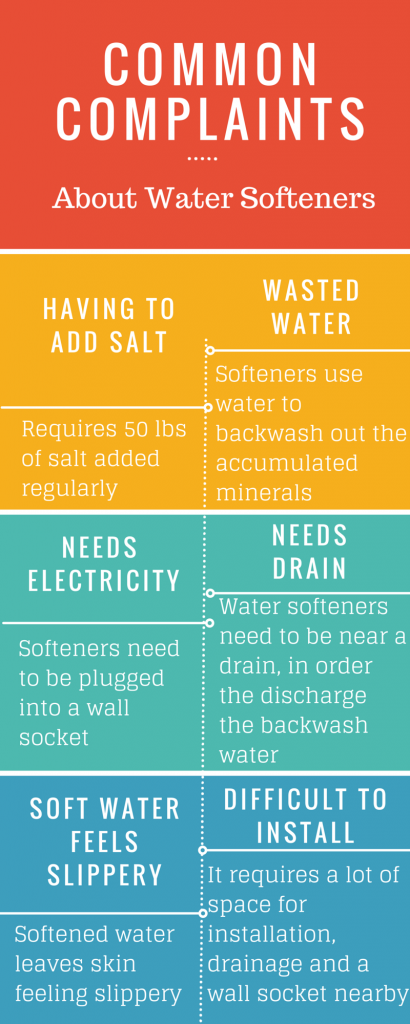
After such professional training, an individual may apply for a job in a private or public preschool.
How to get a job as a kindergarten teacher for free?
In 2022, it is possible to study as a kindergarten teacher at the expense of the state within the framework of the federal project "Employment Promotion". The project is being implemented with the support of the Russian Ministry of Labor within the framework of the Demography national project. Will last until 2024.
You can apply to participate in the project if:
- you are an unemployed mother of a child of preschool age;
- are on leave to care for a child up to 1.5 or 3 years old;
- you are over 50 years of age or a pre-pensioner;
- are registered with the CZN as unemployed;
- are at risk of layoffs or layoffs.
This year, young people under the age of 35 will also be able to receive free education, which belongs to the category:
- citizens who completed military service and were unemployed for more than 4 months
- citizens who do not have secondary vocational or higher education and do not teach it
- university and college graduates who have been unemployed for more than 4 months from the date of graduation
- citizens at risk of dismissal (downsizing or liquidation of the organization)
- students of colleges and universities of the last years who applied to the Center for Health Care and for whom there is no suitable job.
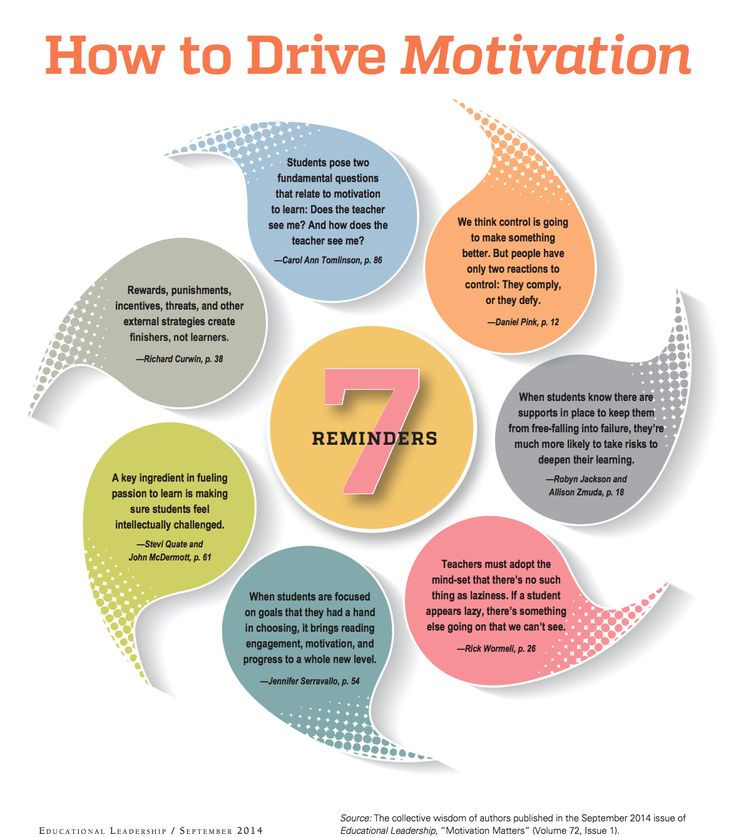
Set-2022 is already open!
Within the framework of the AB&US project, it implements 39 programs in 11 areas free of charge. The number of places for participants is limited. Hurry up to apply to have time to pass the quota.
More about participation in the Employment Promotion project: open presentation of project
Application instructions: open instruction
If you have any questions, our managers will be happy to help you! Call: 8-800-5000-949
I want to work in a kindergarten: where to go to study as a teacher
Psychologists have clearly explained to everyone many times what an important role childhood plays in the formation of personality. If you feel the desire and strength to influence children at the earliest stage of their development, welcome to kindergarten. We tell you how to become an educator if you are still in school, graduated from it, or (accidentally) received another higher education
Before getting an education in early childhood education, decide what exactly you would like to do.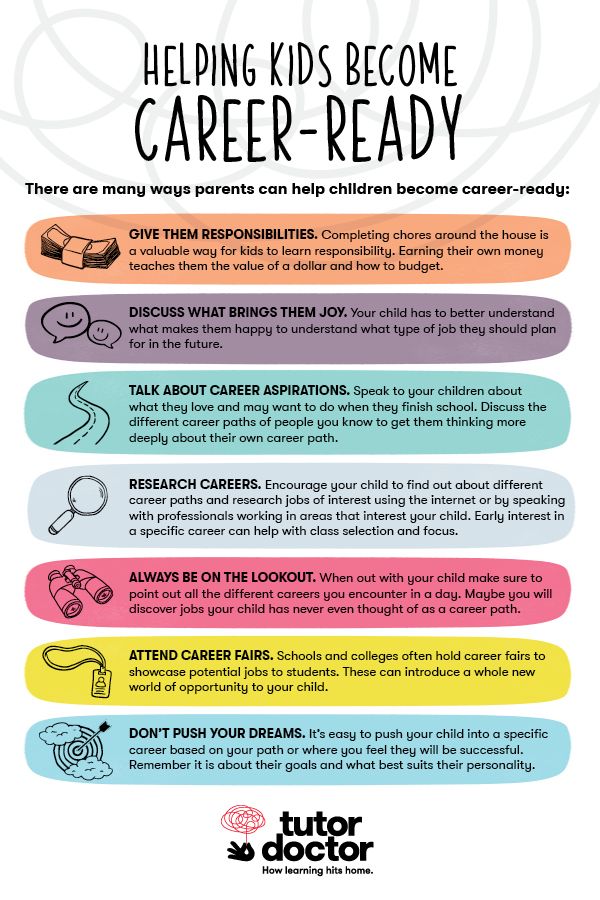 Work in a group with children or develop a curriculum and manage the work of the kindergarten as a whole. It depends on what diploma you get and how many years to study.
Work in a group with children or develop a curriculum and manage the work of the kindergarten as a whole. It depends on what diploma you get and how many years to study.
From the point of view of the law, any adult citizen of Russia can become a kindergarten employee if he meets all the requirements prescribed in the professional standard of the teacher and the unified qualification guide. The main thing is not to violate Article 331 of the Labor Code (not to have an outstanding criminal record or a protracted mental disorder).
Next, you need to decide what kind of educator you want to be. They are of two types. Directly works "in the field", does exercises, conducts classes (teaches to count, draw or fold origami), separates Sasha and Dasha, makes sure that it is really quiet during quiet hours - an ordinary teacher. Having a higher education and having worked for three years, you can become a senior educator. He is more "behind the scenes" - he develops methods, is engaged in planning, reporting, certification, procurement, holds parent meetings, organizes events.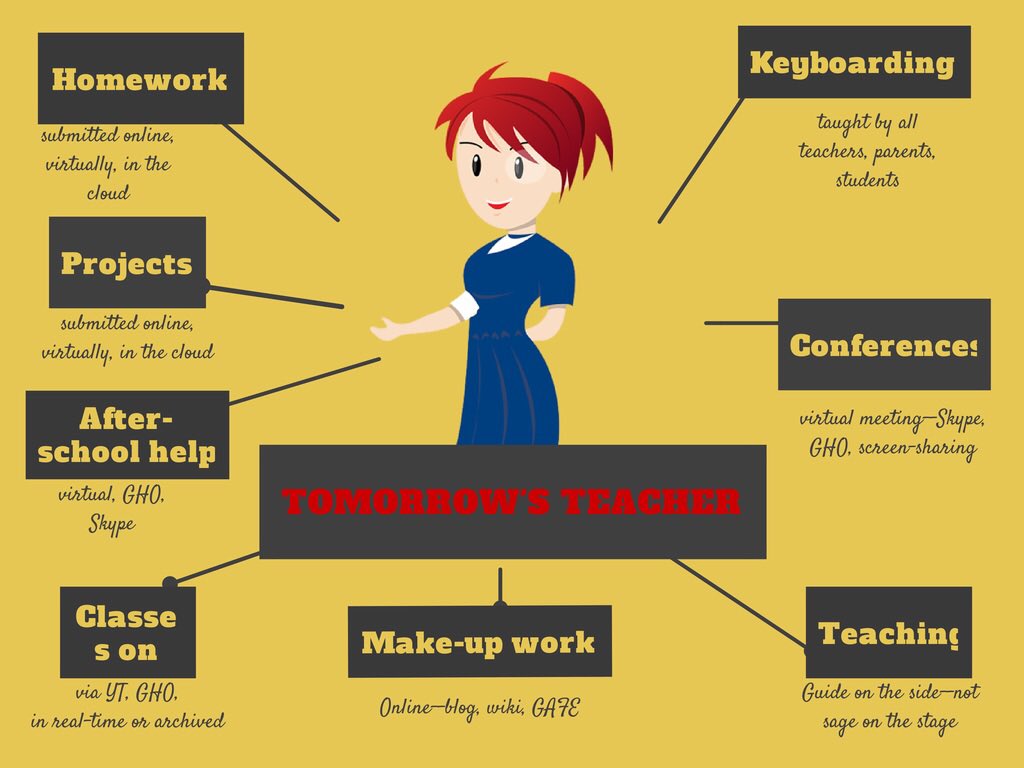 And there it’s not far to the manager.
And there it’s not far to the manager.
Where to go to study? they are more detailed and practically oriented. During the training, students do practice, so they graduate not only with a good amount of theoretical knowledge, but also with an understanding of how a kindergarten functions and how ready they are for such work.
Where they teach: Pedagogical College No. 15 (Moscow), College at Moscow State Pedagogical University, Pedagogical College No. 4 of St. Petersburg, Sverdlovsk Regional Pedagogical College.
2. If you are a graduate or received another specialty - a university in the direction of "Education and pedagogical activity"
Duration of study: 4-5 years
Although most kindergartens are ready to hire employees who have any pedagogical diploma , The Department of Preschool Education insists that kindergarten workers still have a specialized diploma with the qualification of "educator". Such students study in depth the methods of development of preschool children - this should be borne in mind when entering a university.
An example of the name of programs with the qualification "educator": "psychology and pedagogy of preschool education", "preschool and primary education", "preschool education and speech therapy".
Where they teach: Department of Preschool Pedagogy, Moscow State Pedagogical University, Tomsk State Pedagogical University, Pushkin Leningrad State University.
3. If you are a teacher or received another specialty - professional retraining
Duration of study: 3-12 months
Quite often, the desire to work with children visits people in adulthood, when they already have a higher education or a career in another field. Especially for those who suddenly decided to change their direction of activity, professional training programs are provided on the basis of the first higher education. To enter it, you do not need to take exams - just pay for the course. In a short (sometimes even too) time frame, you will plunge into the wilds of child psychology and school education methods.
If the direction of your current activity is in no way related to pedagogy, vocational training courses must meet the following requirements: be at least 1000 hours, and the document on education should qualify as an educator.
Where they teach: Pedagogical campus, Preschool education at the Herzen Institute, St. Petersburg Academy of Postgraduate Pedagogical Education, Russian State Vocational Pedagogical University (Yekaterinburg).
4. If you are a teacher or have received another specialty - specialized courses for Montessori, Waldorf and English kindergartens
Duration of training: 10-12 months
As a rule, kindergartens that use special methods are private. Mainly because they imply the creation of a special development environment that goes beyond state standards.
Specialists in Montessori pedagogy and Waldorf gardens are trained in special centers - both in the format of advanced training (for those who have already graduated from a pedagogical university in their specialty) and professional retraining (for those who have a non-pedagogical first education).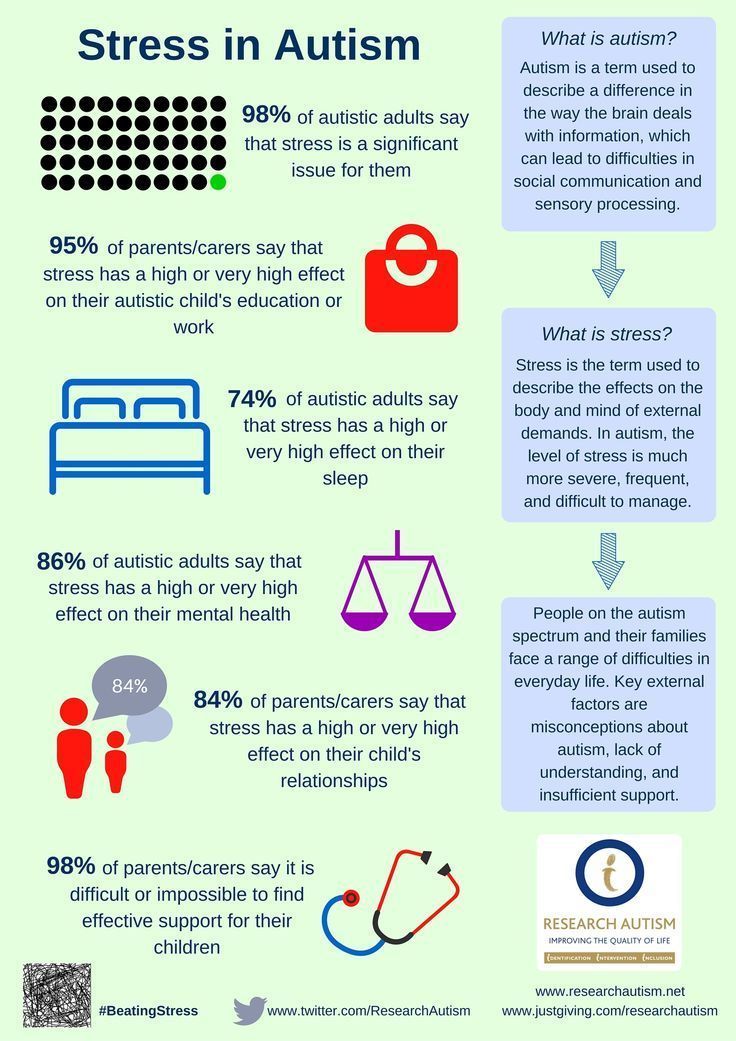 When choosing a training center, it is important to pay attention to its license and accreditation.
When choosing a training center, it is important to pay attention to its license and accreditation.
As for working as a teacher in private kindergartens in English, in addition to pedagogical education, you need to have a high level of English - not lower than confident Advanced. Certificates of passing international exams confirming the language level are not needed - it is enough to pass an interview in English and demonstrate your knowledge.
Where they teach: International Institute of Montessori Pedagogy, Preschool Waldorf Center, Montessori Peter Center, Eurasian Center for Montessori Pedagogy, Periodic Seminar for Waldorf School Teachers.
Check again: how to understand that you can be a teacher
1. Don't be afraid to test yourself. You can get a job as a nanny or assistant teacher (this does not necessarily require a pedagogical education) and watch what is happening from the side. You can chat with familiar employees of a preschool educational institution.